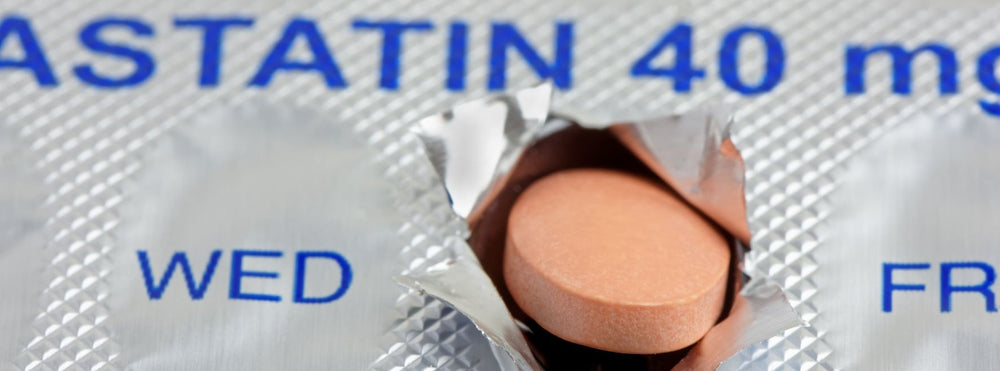Why people who are prescribed statins don’t always take them

When used correctly, statins can be life-saving medications for people with specific health conditions. But adherence to the drugs is far from perfect: One study found that just 61% of patients at high risk of cardiovascular disease were still taking statins three months after their first prescription, and by six months, only 55% were sticking with their meds. Even after a heart attack, only 58.9% of patients were still taking their prescribed statins six months later, according to another study, and only 41.6% were adhering to the medication two years later.
Why is this? There are several explanations:
- Very rarely, people experience truly serious statin side effects, including hepatitis or myositis (severe inflammation of the liver or muscles, respectively), and must not only stop the medications but are instructed to never resume them.
- Others may not notice any issues, but blood tests show problems with liver or muscle function so they are advised to stop taking the drug temporarily, and then take a different statin down the road (as these milder drug-related health changes might not occur with a different statin preparation).
- Some people stop taking statins even when not specifically advised to. Muscle aches are the most common side effect of statins, and prompt many to skip their daily dose.
- Still others choose not to treat their high cholesterol in the first place: Researchers found that 37% of Medicare members eligible for statins are not taking any medications to help control their cholesterol readings.
For otherwise healthy people, skipping statins might not be much of a problem, especially in the near term. Truth is, not everyone with high cholesterol has to take them!
But for the group of people who should be on statins (check here to see if that could be you), letting your cholesterol run rampant could leave you and your heart vulnerable to accelerated plaque build up and sudden heart events.
So what’s the alternative? Well, it's crystal clear that a poor diet is one of the leading causes of poor health. After all, we already know that in addition to high cholesterol and cardiovascular disease, unhealthy eating can lead to obesity, diabetes, and diet-related cancers. In fact - and incredibly - we can blame poor dietary habits for more than 650,000 deaths per year In the United States. But just as poor diet can lead to health deterioration, better diet can lead to health improvements!
Recently, researchers at the Mayo Clinic confirmed that using food as therapy yields rapid, meaningful cholesterol reductions. Specifically, they confirmed that our products -- substituted twice daily for other snacks of similar calorie content -- do what we’ve long known them to do: Reduce LDL (bad) cholesterol. This is great news for the millions of people who decline statins or eventually stop taking them. So if you’re currently doing nothing about your numbers and would rather treat your cholesterol with pancakes instead of pills, take heart: Step One Foods is here for you! And if your goal is to reduce your medication dose, we might be able to help as well.
But to be clear and to reiterate – statins are absolutely appropriate and helpful in certain health situations. You should never stop a drug or reduce the dose without first speaking with your physician.

Tested & Proven Results.
- Cardiologist formulated
- Supported by over 500 publications
- Clinically-proven, in a double-blind randomized trial with Mayo Clinic and The University of Manitoba
80% of participants lowered their cholesterol in just 30 days. With just two servings per day, Step One Foods offers a proven-effective way to naturally lower LDL (bad) cholesterol.
Get heart health tips and articles like this, delivered right to your email.
New articles every week.
You may also like...

The Most Misunderstood Heart Number (Plus Your Tune-Up Checklist)

You don’t need to avoid foods with cholesterol…except for these



